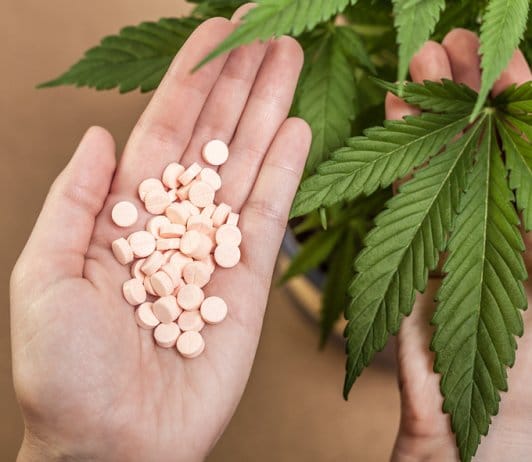A decision by Thailand’s military government to reclassify cannabis and industrial hemp could open the door to legalised medical cannabis and an important revenue source.
Currently, cannabis and hemp are considered Category 5 drugs in the country. Being in possession of even a small amount or testing positive to a Category 5 substance can result in imprisonment of up to one year and/or a fine of up to twenty thousand baht. That’s around AUD $750 at current exchange rates and a significant sum by Thai standards. The penalties for production and distribution are far higher.
Additionally, a Category 5 substance cannot be licensed for medical use.
That’s about to change. According to AEC News Today, cannabis and hemp will soon be re-scheduled to Category 2 under a proposal from the Ministry of Justice, the same category as pharmaceutical substances such as morphine and methadone.
While it may seem to be overkill to group cannabis and particularly hemp in with these other hard drugs; according to Thai law, category II drugs can be legal if the person in possession of them has a medical certificate or prescription. Whether that will apply to cannabis from the get-go remains to be seen.
The changes could occur as soon as by the end of November.
In August, Sirinya Sitdhichai, director of the country’s Narcotics Control Board, said the changes were being made for good reason – the Thai government recognises hemp can be an important commercial crop.
“And as for marijuana, the international medical community say it can be used for medical benefits,” he said.
It’s a big change in Thailand’s approach – years ago the country embarked on a major crackdown on drugs with several new “drug wars” since under different regimes; with users of cannabis (medicinal or otherwise) also in its sights.
Thousands of people have been killed by related action by the military, police and security forces since the efforts began. However, it’s important to note those deaths were more often associated with drugs other than marijuana. Most interesting is that this new softer approach appears to have the military’s full support.


